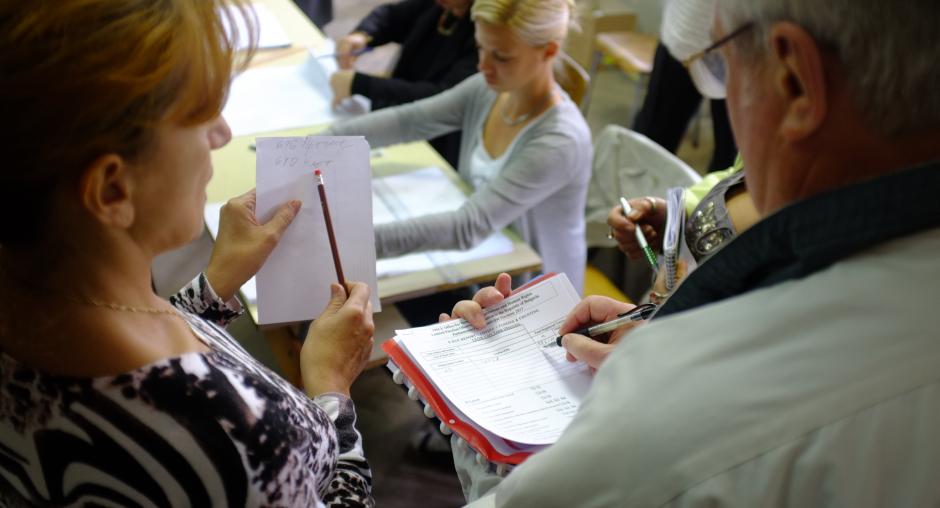Bulgaria’s October elections characterized by respect for rights and freedoms, but allegations of vote-buying underscore need for reform

Bulgaria’s presidential and municipal elections in October were generally characterized by a respect for fundamental rights and freedoms, but pervasive allegations of vote-buying underscored the need for continued reform, the final report released by the OSCE Office for Democratic Institutions and Human Rights (ODIHR) on 5 January 2012 concludes.
The report highlights the wide political choice available to voters and the calm environment, which allowed candidates to campaign freely.
However, most candidates told election observers that vote-buying was a major and widespread problem. Some opposition parties also claimed that pressure had been put on some of their municipal candidates and supporters.
The report also notes that virtually all campaign coverage in the media had to be purchased which resulted in a near-absence of editorial coverage of the campaign.
“A certain lack of transparency” in the Central Election Commission’s decision-making and the inability of the Commission to take timely decisions, as well as the fact that there is no guarantee that nominees from opposition parties are included in the leadership positions of election commissions, are also identified as areas of concern.
Concerns are also raised about the accuracy of voter lists, the effectiveness of campaign-finance regulations, the processing and tabulation of results, as well as legislation which stipulates that the election campaign shall be conducted solely in Bulgarian.
